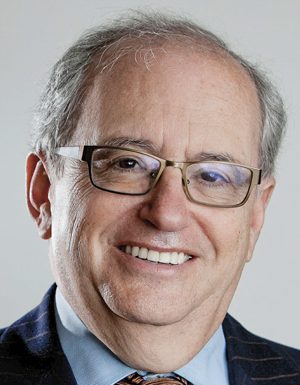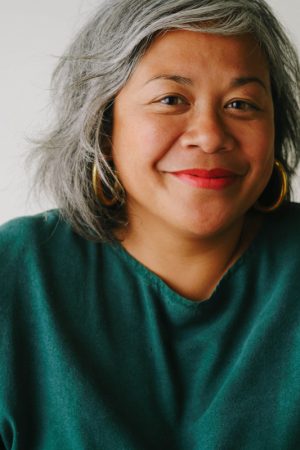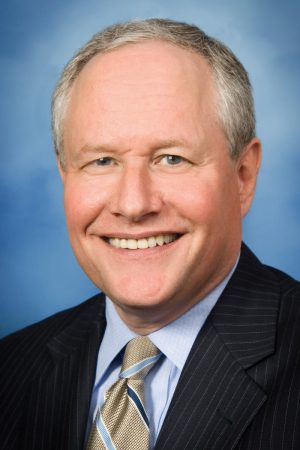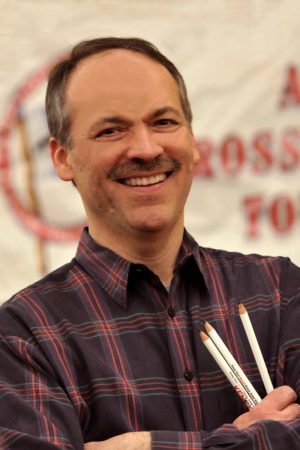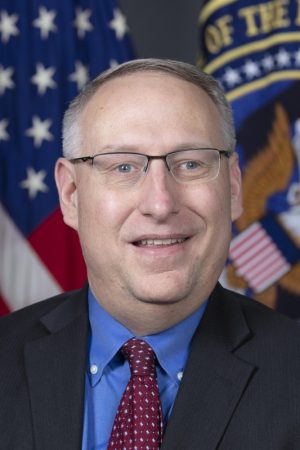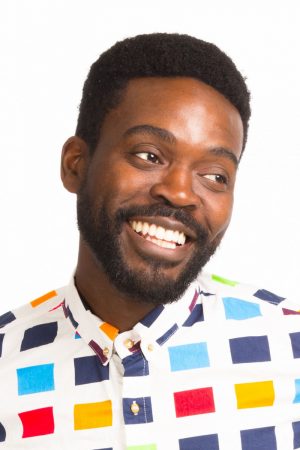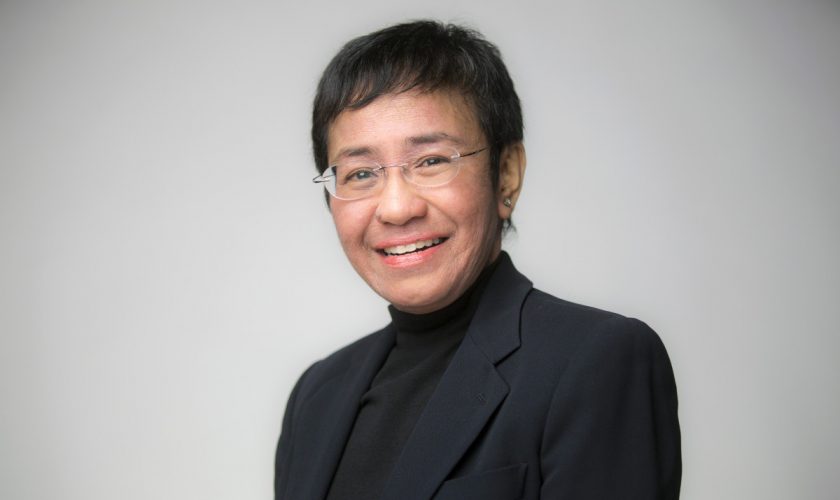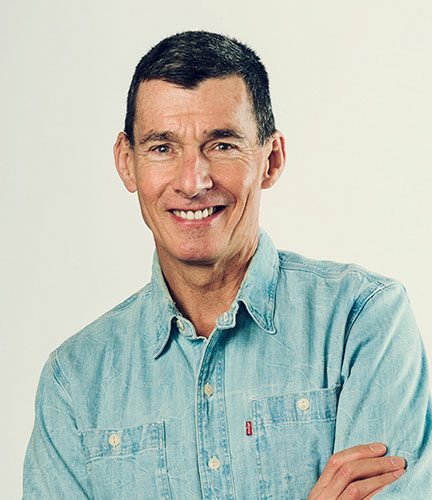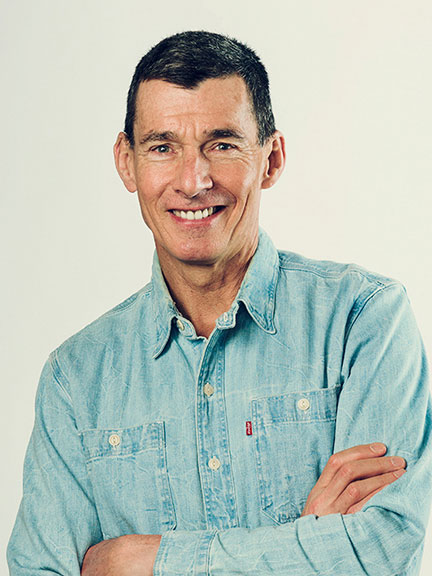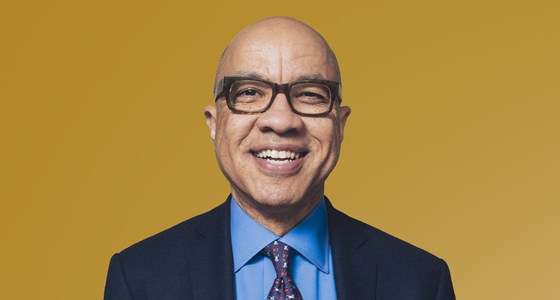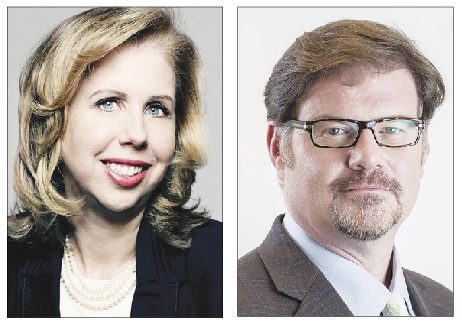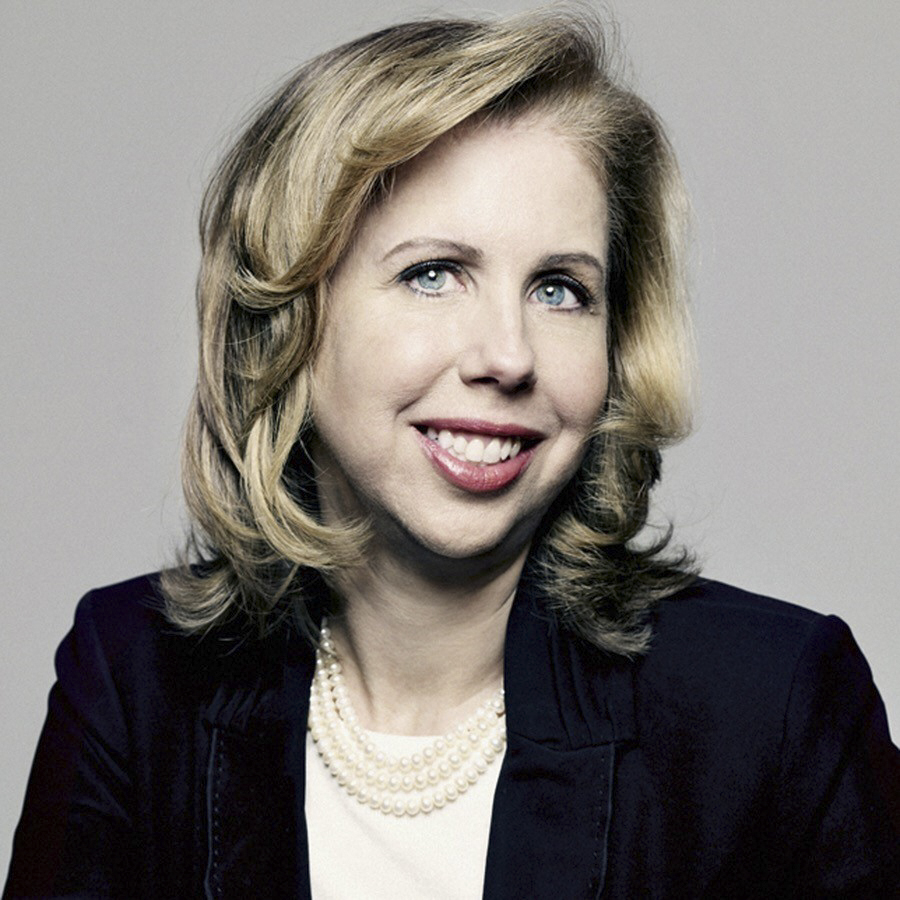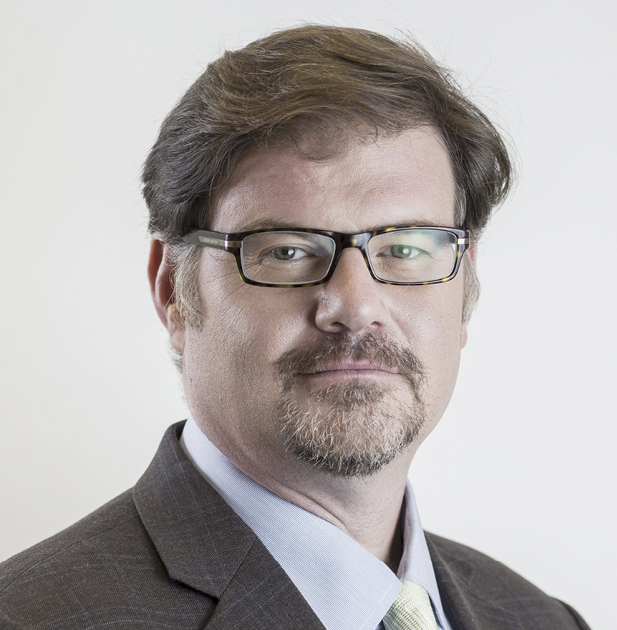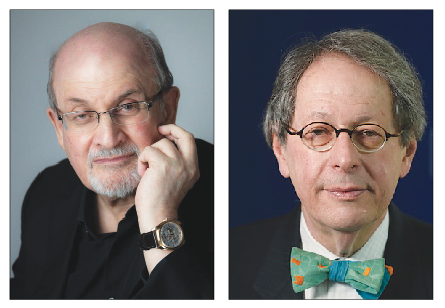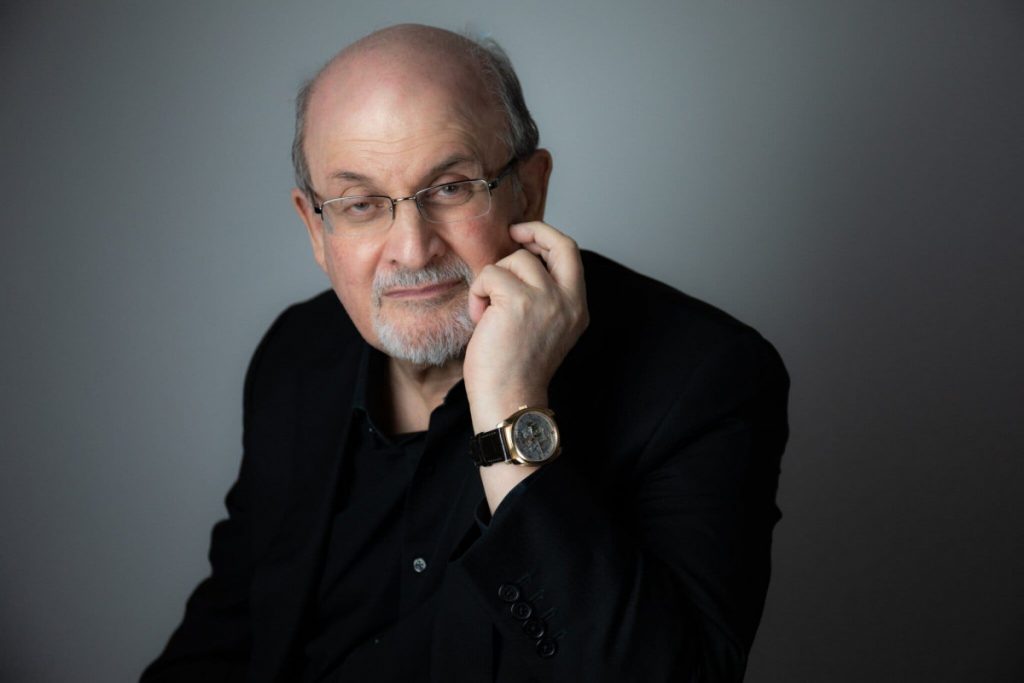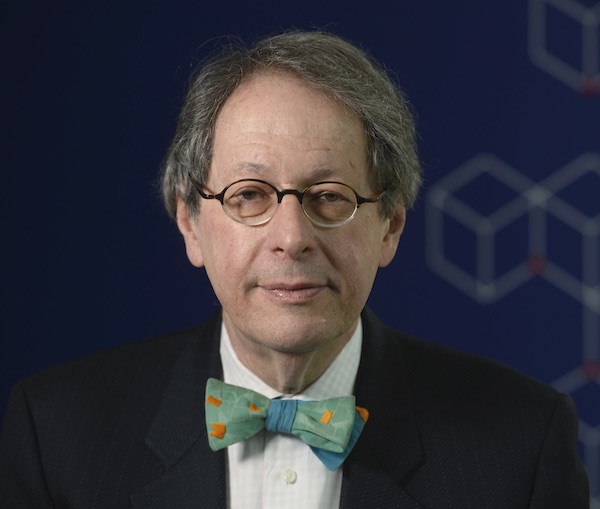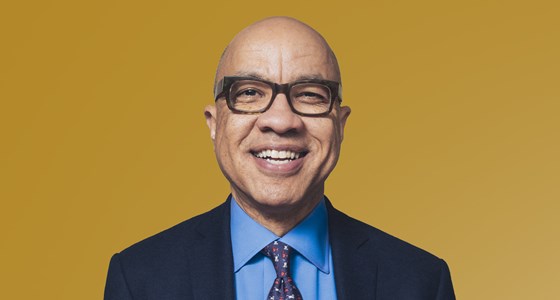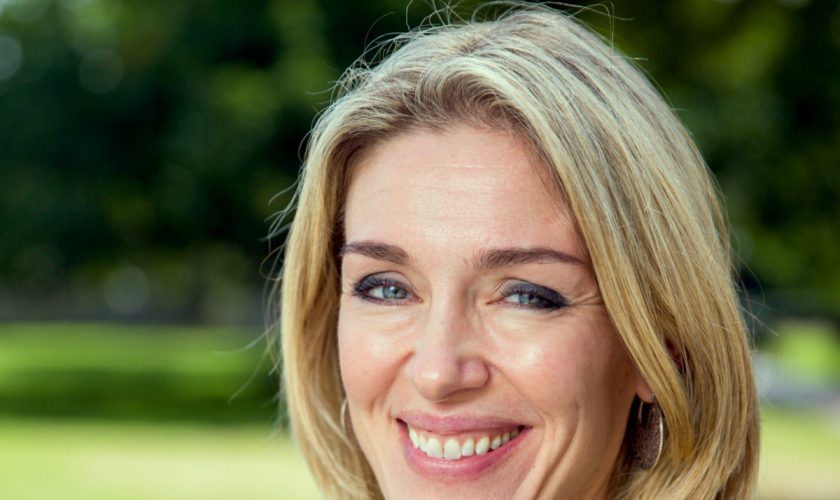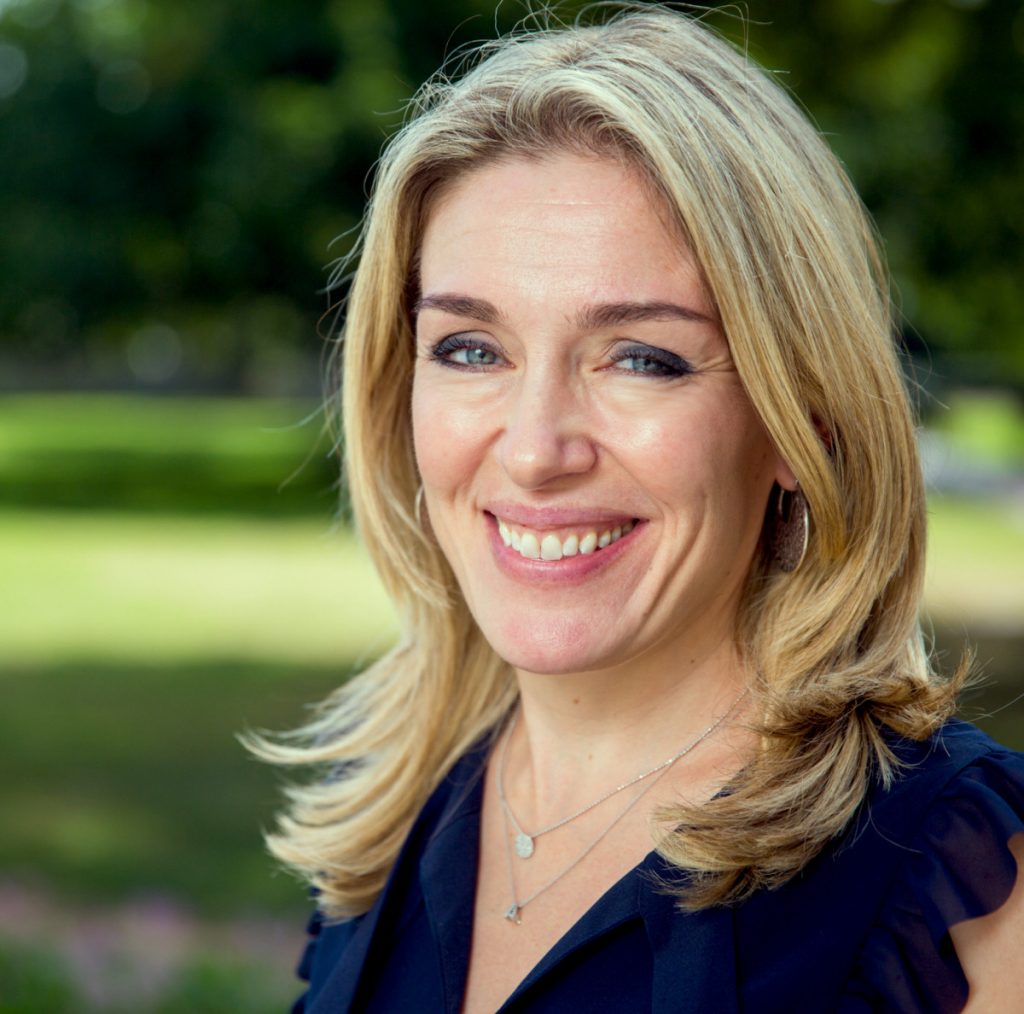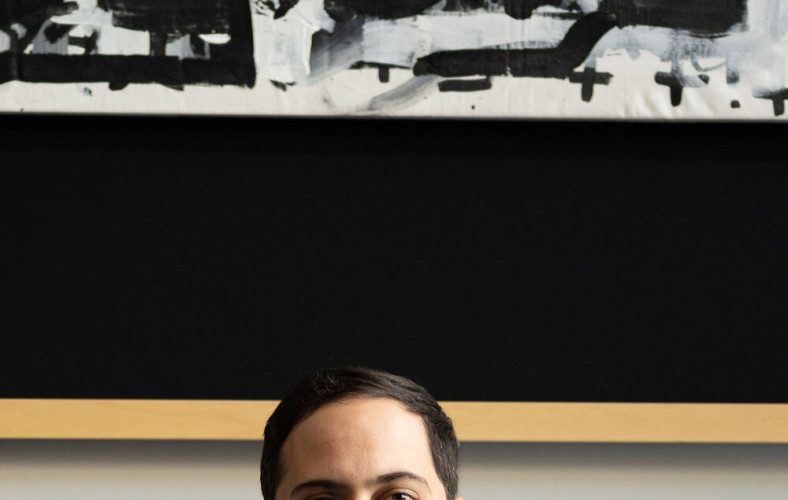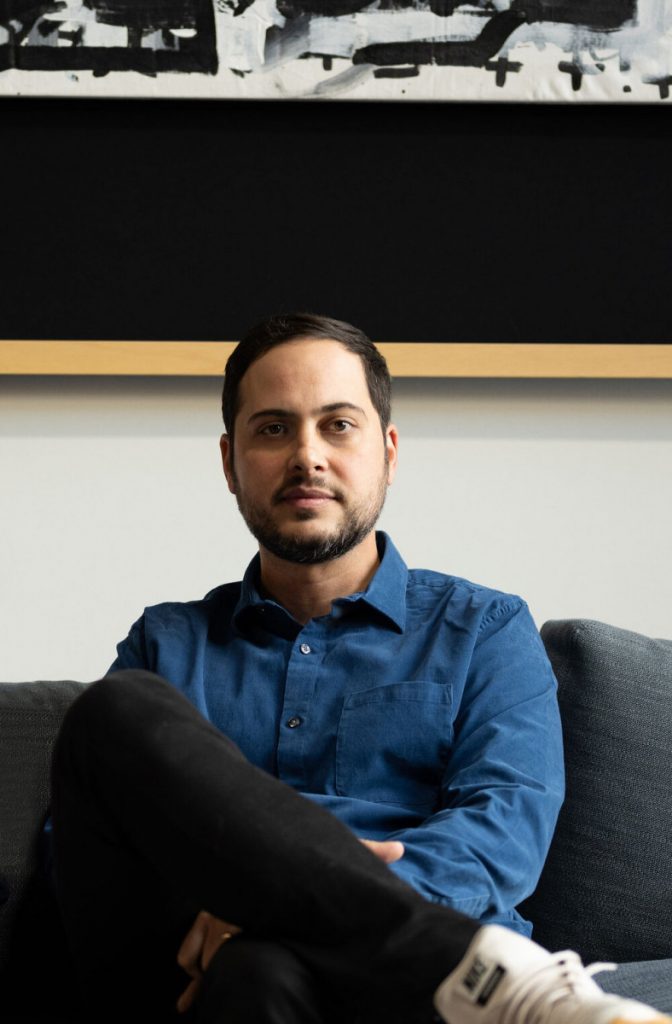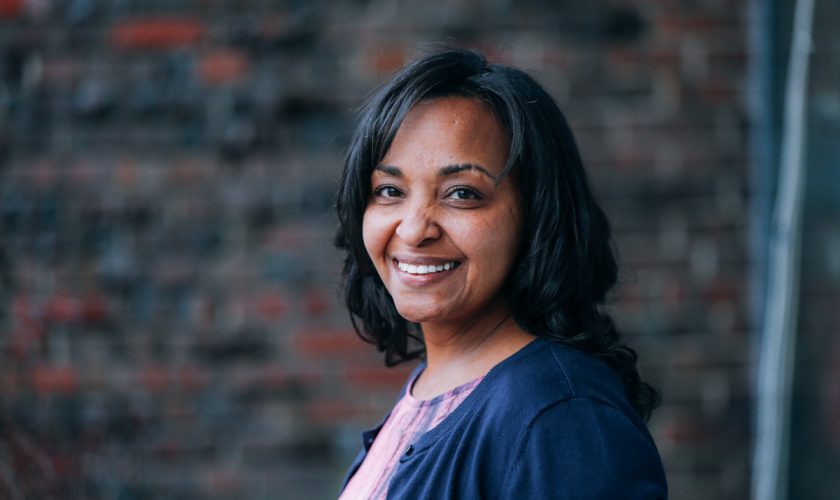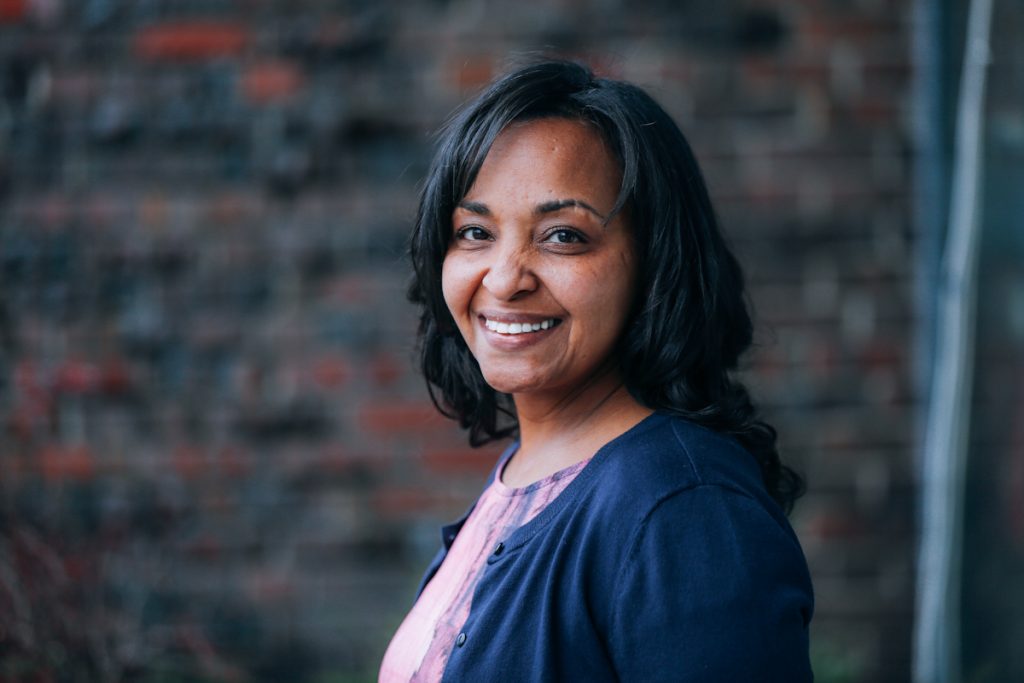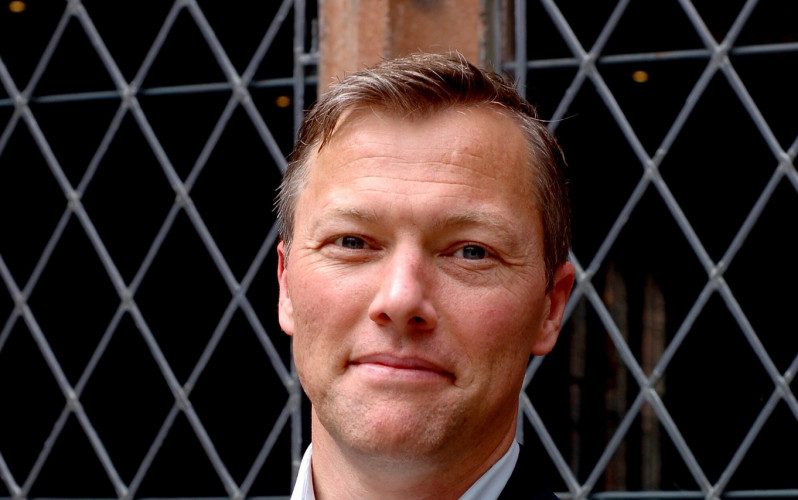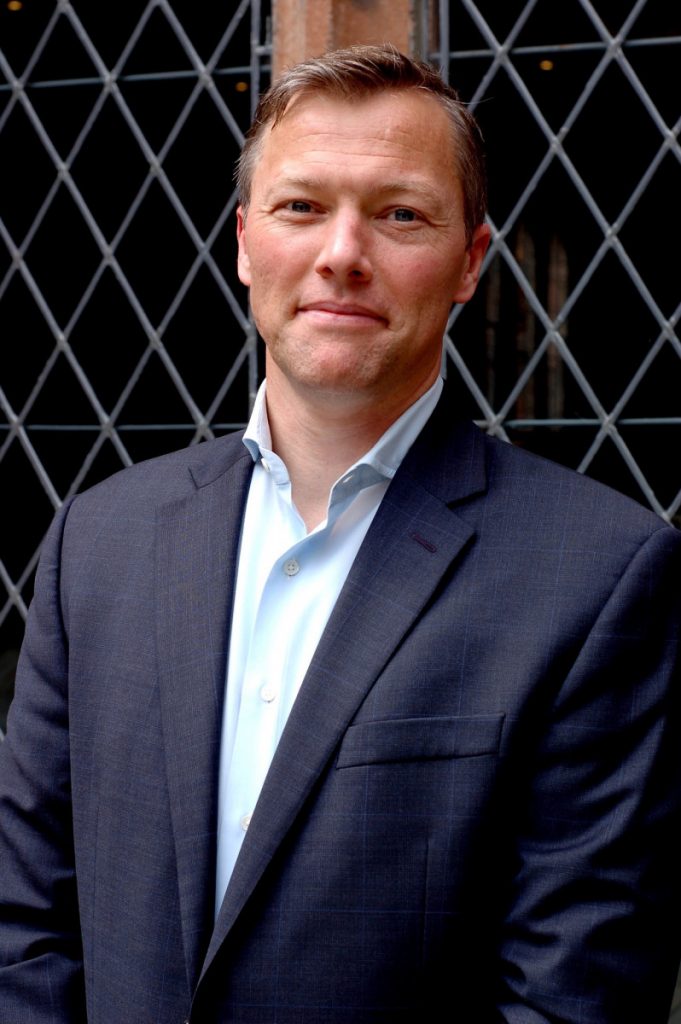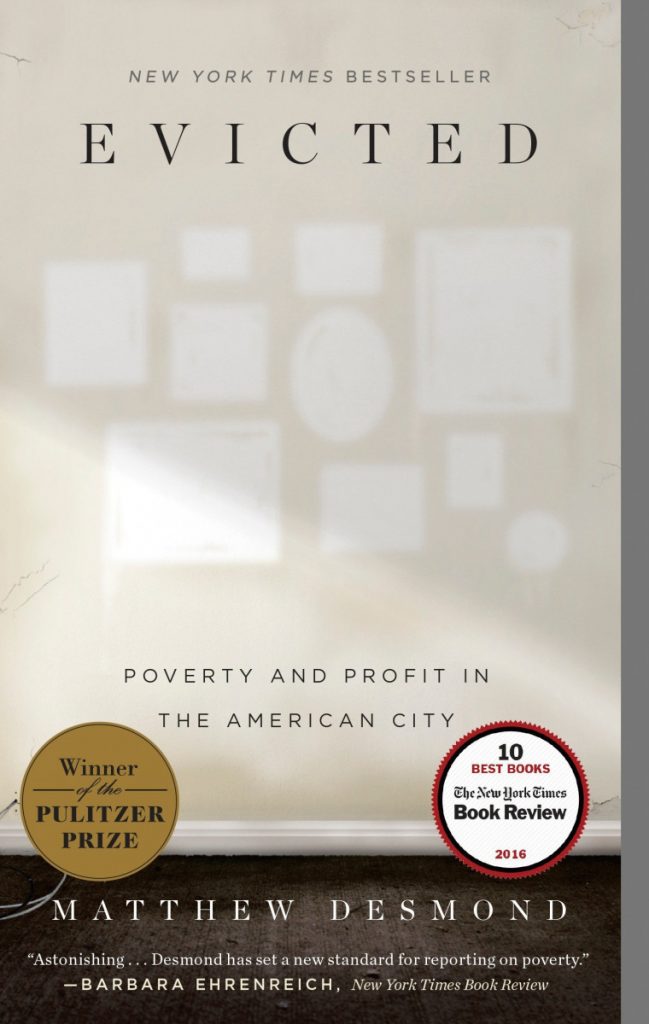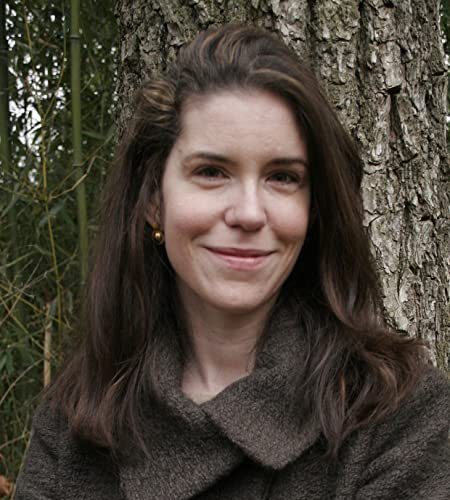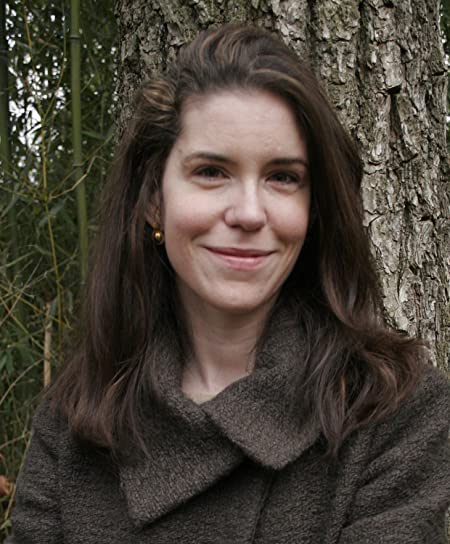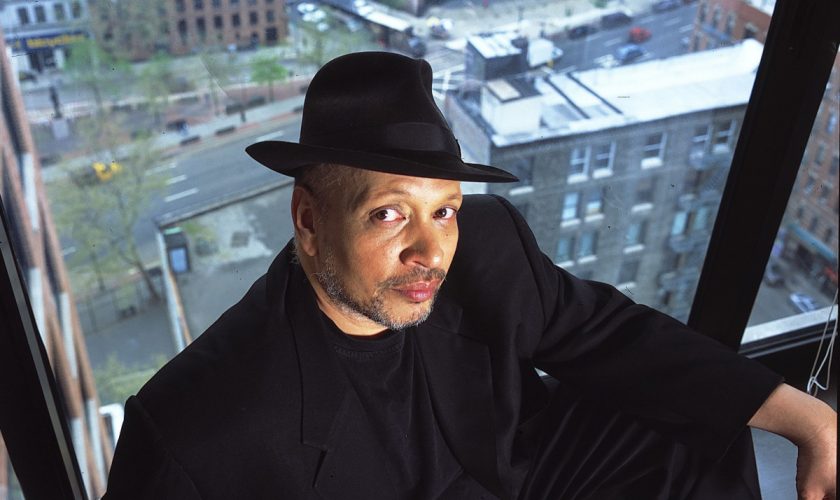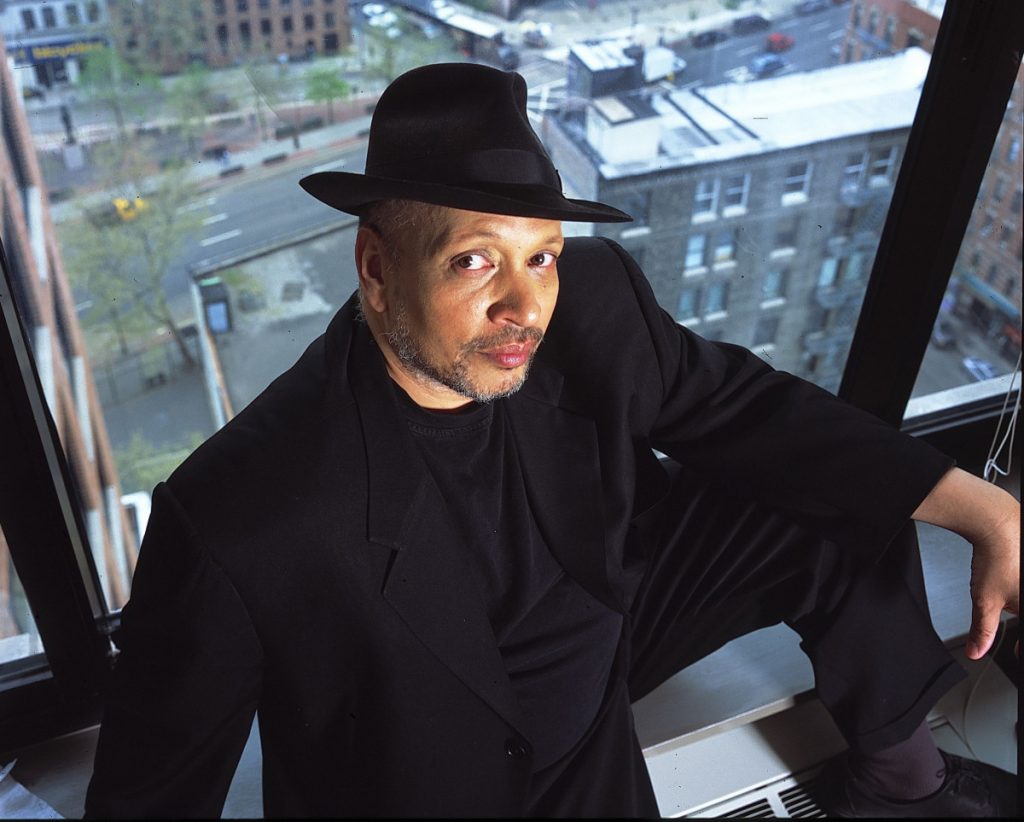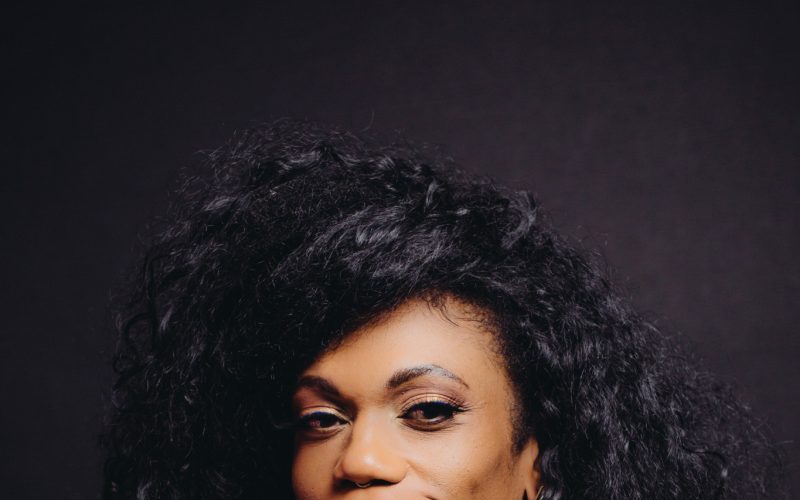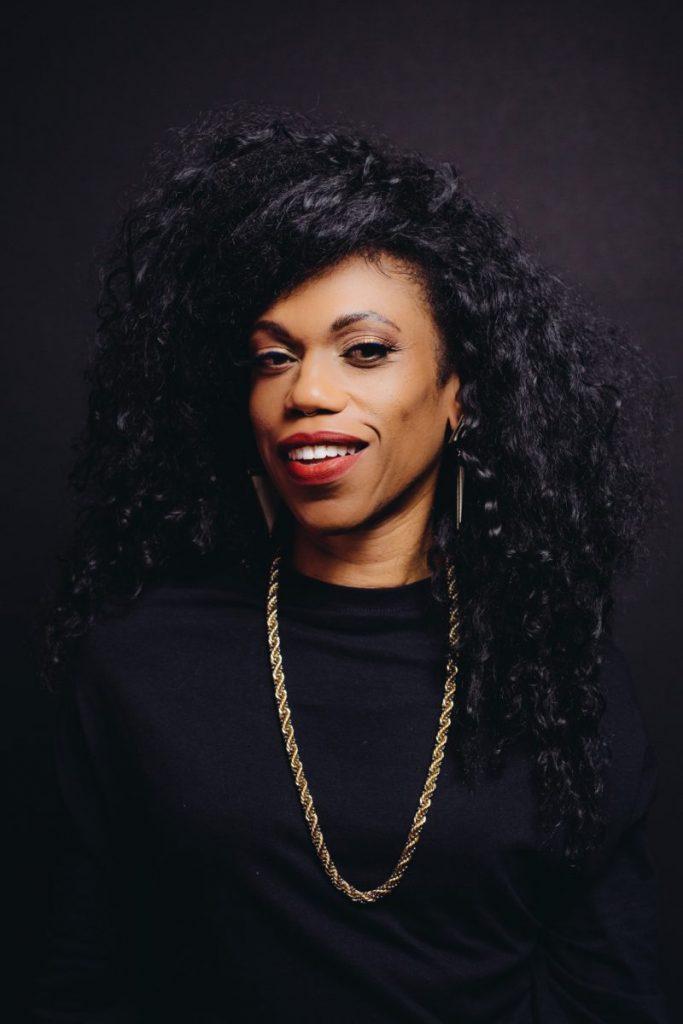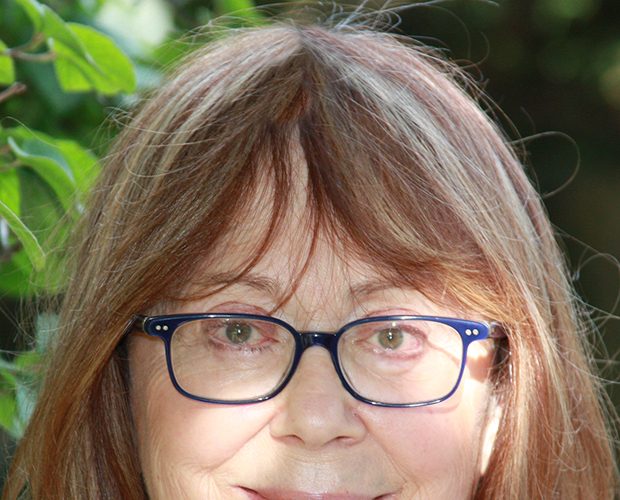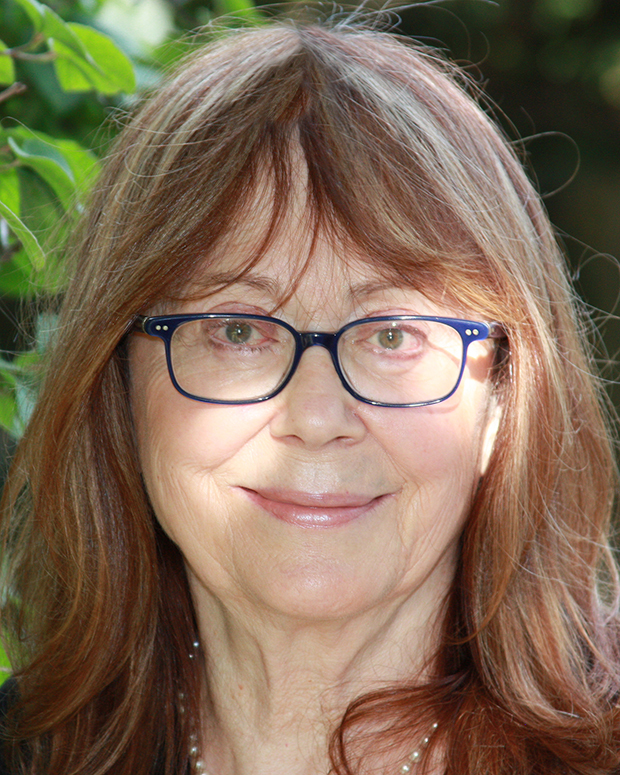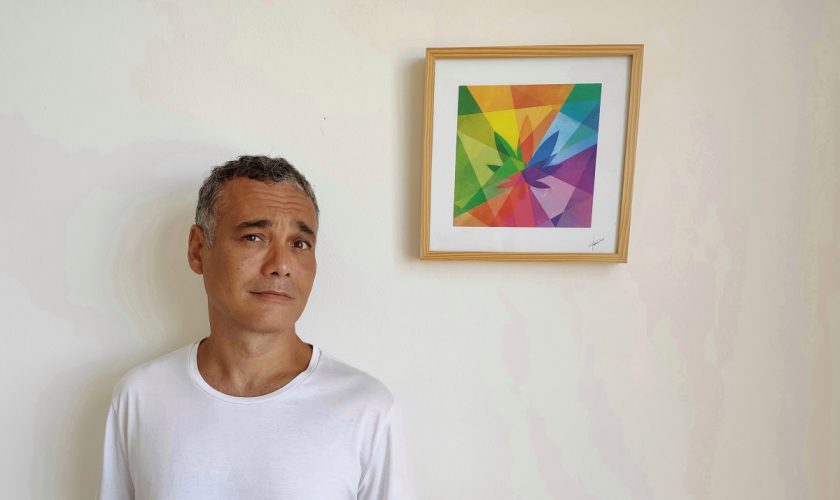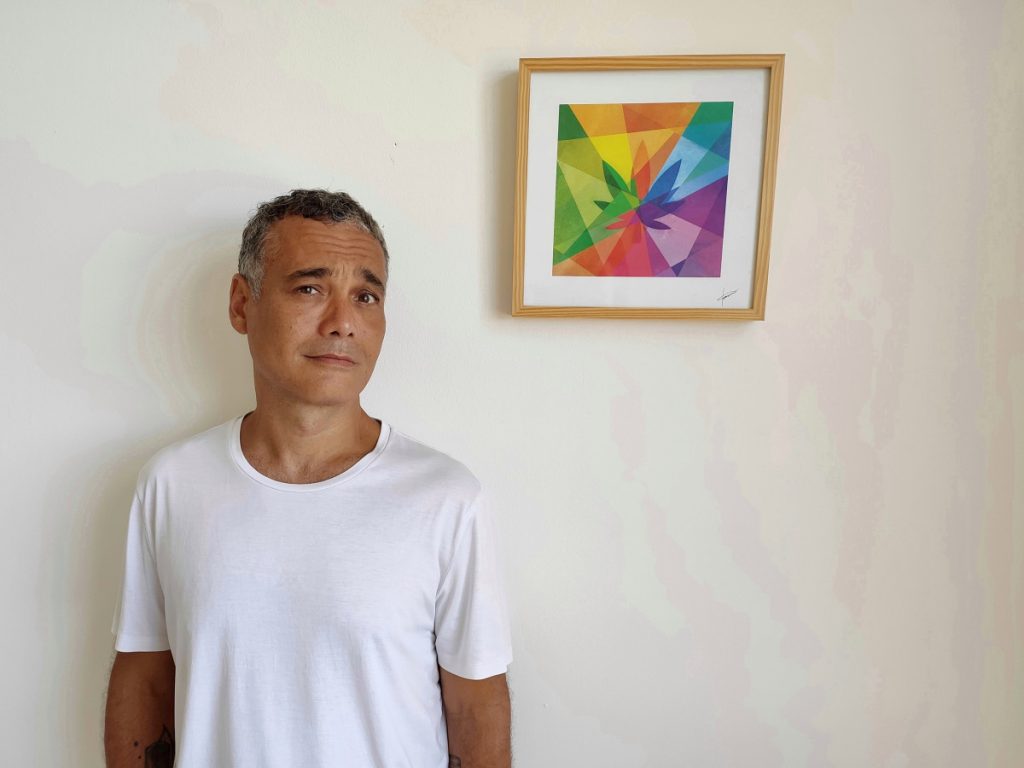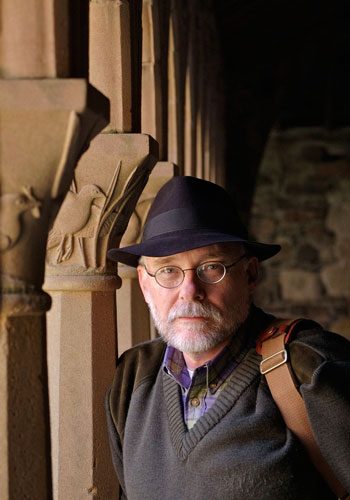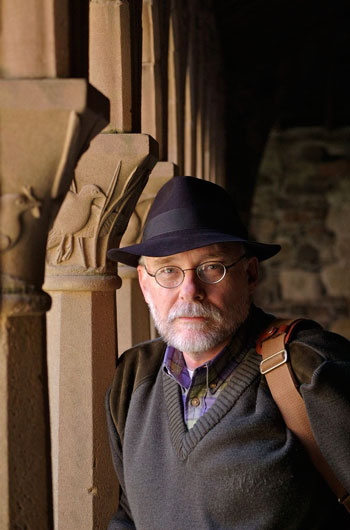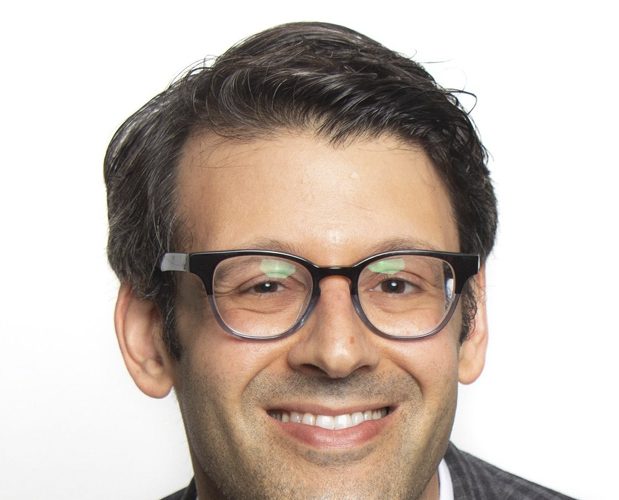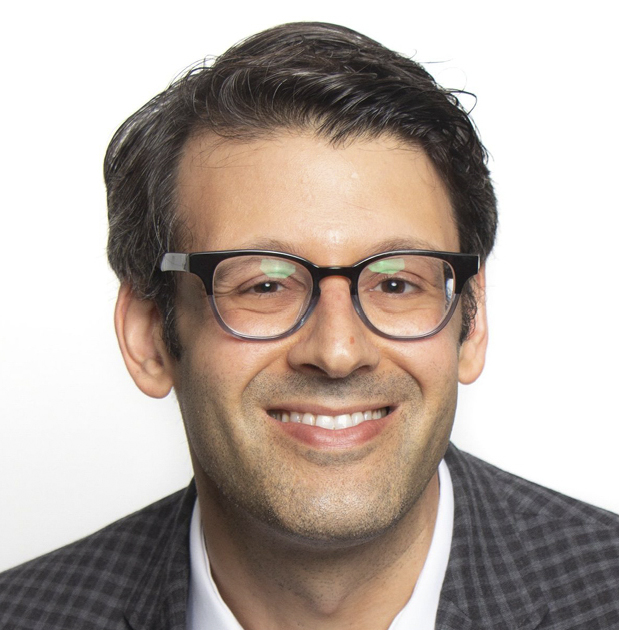Nobel Peace Prize Laureate Maria Ressa is capping a week of courage by sharing her own experiences of bravery in journalism.
“We close our Chautauqua Lecture Series with one of the most exceptional champions and fighters for protecting free speech: Maria Ressa,” said Matt Ewalt, vice president and Emily and Richard Smucker Chair for Education. “The Nobel Prize honors that work, but those deep challenges to free speech — and to the role journalism plays in seeking out truth and being a critical challenge to those in power in terms of transparency and obligation to the larger public — are so clearly evident in her work each and every day.”
At 10:45 a.m. Friday, Aug. 19 in the Amphitheater, Ressa, CEO of the online news website Rappler, will give her lecture about her continued fight for freedom of expression. Born and based in the Philippines, Ressa has worked as a local correspondent for CNN, covering the growth of terrorism in Southeast Asia, and in 2012 co-founded Rappler as a way to fight against misinformation online.
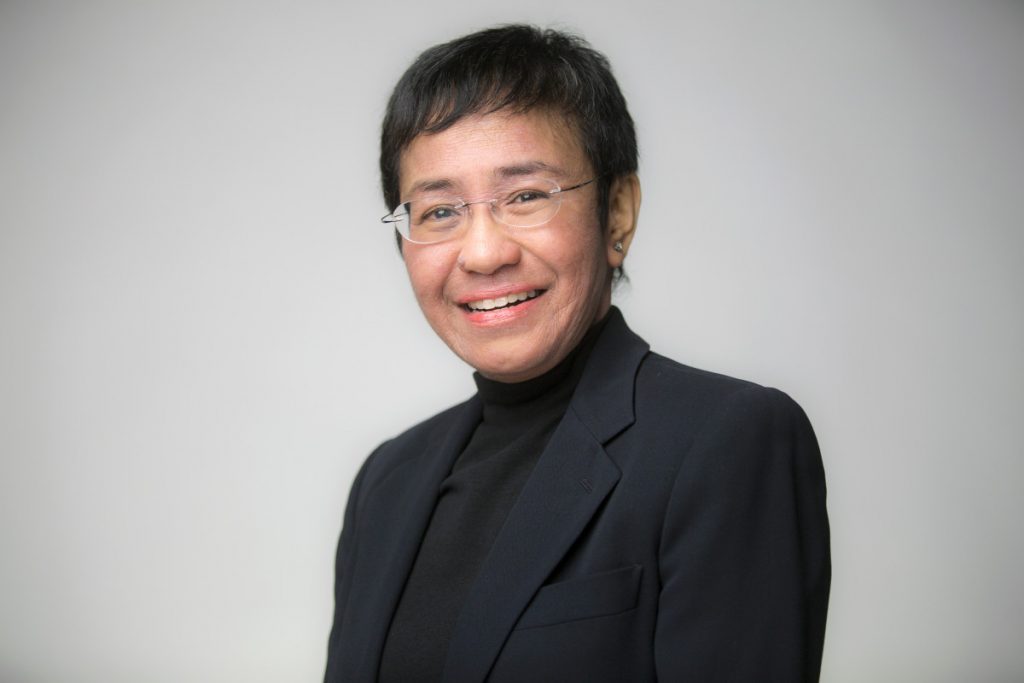
“With Maria Ressa, I anticipate both the championing of good and necessary journalism in the world, but also the larger public’s obligation to support that work, and the responsibility of other institutions to protect it,” Ewalt said.
Rappler is leading the charge for press freedom in the Philippines, and has been constantly attacked and harassed by President Rodrigo Duterte and his administration since his election in 2016. For her work, Ressa was named one of Time magazine’s 2018 Person of the Year, was among its 100 Most Influential People of 2019, and has also been named one of Time’s Most Influential Women of the Century.
The author of three books, her forthcoming work to be published this fall is titled How to Stand up to a Dictator: The Fight for Our Future. In 2021, she and Russian journalist Dmitry Muratov were co-awarded the Nobel Peace Prize “for their efforts to safeguard freedom of expression, which is a precondition for democracy and lasting peace,” according to the Nobel Foundation.
In her speech accepting her Nobel Prize, Ressa said she was a representative of all journalists who make sacrifices to stay true to their values and mission.
“At the core of journalism is a code of honor. And mine is layered on different worlds — from how I grew up, when I learned what was right and wrong; from college, and the honor code I learned there; and my time as a reporter, and the code of standards and ethics I learned and helped write,” she said in her acceptance speech. “Add to that the Filipino idea of utang na loob — or the debt from within — at its best, a system of paying it forward. Truth and ethical honor intersected like an arrow into this moment where hate, lies and divisiveness thrive.”
Through Rappler, Ressa has worked to examine two sides of the same coin: the information ecosystem and the technology it was created by. Ressa battles the spread of misinformation and the damage it causes.
In the span of two years, the Philippine government filed 10 arrest warrants against her, and she has posted bail 10 times to continue her work. All the charges she faces can send her to prison for about 100 years.
“But, the more I was attacked for my journalism, the more resolute I became,” Ressa said in her acceptance speech. “I had first-hand evidence of abuse of power. What was meant to intimidate me and Rappler only strengthened us.”
With Rappler, Ressa has attacked two fronts: Duterte’s drug war and Facebook.
“Online violence is real world violence,” Ressa said in her speech. “Social media is a deadly game for power and money. … Facebook is the world’s largest distributor of news, and yet studies have shown that lies laced with anger and hate spread faster and further than facts on social media. These American companies controlling our global information ecosystem are biased against facts, biased against journalists. They are — by design — dividing us and radicalizing us.”
Without facts, she said, there is no truth.
“Without truth, you can’t have trust,” she said. “Without trust, we have no shared reality, no democracy, and it becomes impossible to deal with our world’s existential problems: climate, Coronavirus, the battle for truth.”
All of this makes her a fitting concluding lecture in a week on “New Profiles in Courage,” Ewalt said.
“As with many voices that we hear from on the Amphitheater stage, there is the work being done that can be inspiring, and the challenge to us of the role we play as individuals, as communities,” Ewalt said. “There is an unsettling of assumptions and what we take for granted, that pushes us to ask more questions of ourselves, of our institutions.”

